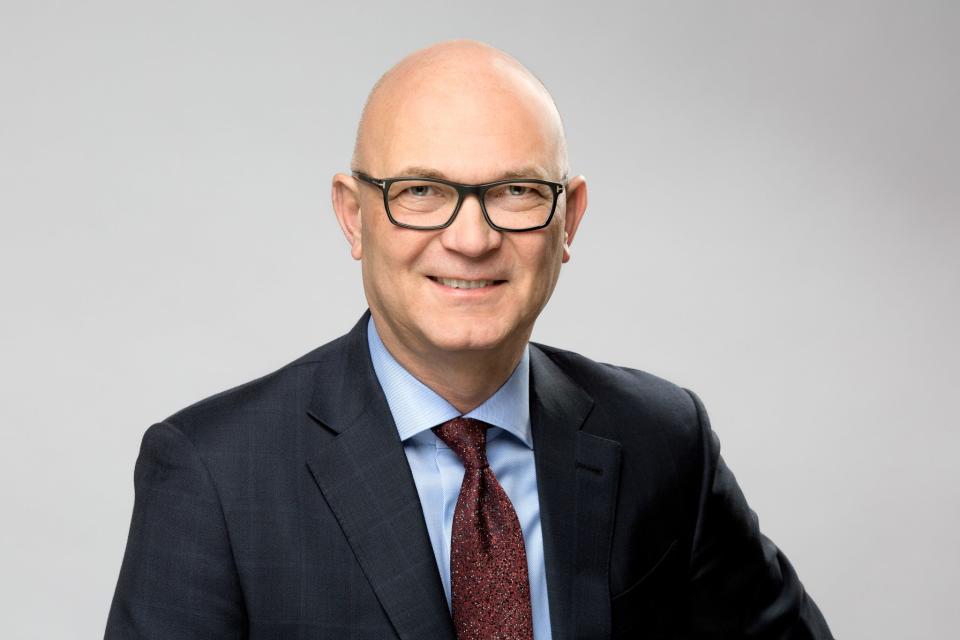This bank doesn’t believe in bonuses: ‘Human nature is what drives people’

No bonuses, no risk, no frills, and no emissions. Could that be the recipe to get the European economy on a stable footing again?
One indomitable Swedish bank certainly thinks so.
As other large European banks gave in to a short-term profit mentality in the early 2000s, Handelsbanken held out—with great results. Deutsche Bank, Société Générale, and Credit Suisse fell victim to financial crises, but Handelsbanken maintained a high credit rating and continued to grow. The Swedish bank's year-over-year profits soared by over a third this year.
Finding a banking model that works for Europe is a mission with ramifications beyond the financial sector. Since the global financial crisis 15 years ago, European growth has been rocky at best, and dismal at worst. Today, Europe's sputtering resurgence is a 16-trillion-euro question (approximately $17.6 trillion). As 2023 comes to an end, the EU is once again flirting with a recession, and so is the U.K.
So, I asked Handelsbanken U.K. CEO Mikael Sorensen to identify the secret to the bank’s success and if others could replicate it in a bid to spur European economic growth again. Here’s what he told me:
On bonuses:
“If you have to do 10 mortgages per month, or 100 credit cards, then you’re not focused on your customer. We don’t have those kinds of targets. And most importantly, we don’t have bonuses…Many people believe that the only way to motivate your staff is to give bonuses. We think it’s the worst thing to do. Human nature is what drives people.”
On risk:
“We are selective when we take on new clients, but on the other hand, we are there for our customers throughout the cycle. We are able to support our customers also in a downturn. And that is very important when inflation goes up, unemployment goes up, and GDP goes down. We are there when the going gets tough. We are still lending to customers who need support.”
On costs and profitability:
“Our branches need to be cost-efficient. We measure them on cost-income ratio…As a result, we have been more profitable, and have had higher customer satisfaction, and have delivered a better rating. We have delivered on those things that are important for us. We have the proof [that our model works], but I don’t know if it works for someone else.”
On sustainability:
“We are not a policymaker, we are a policy-taker...We don’t try to lobby for any direction of society. But when it comes to sustainability, it’s probably a bit different. We have set ourselves a goal of net zero, including indirect emissions, by 2040. We think it’s the right thing to do. We have a big influence in this, and that’s why we set a tough target.”
It’s a head-turning approach, for sure. It won’t make Europe the next Silicon Valley, of course, as risk-taking—including by banks—is a necessary element to thrive in the digital age. But perhaps Europe was never going to dominate AI or other high-risk, high-return industries. Is it better, then, to focus on stable, sustainable, and profitable growth—Handelsbanken-style—and succeed at that?
More news below.
Peter Vanham
peter.vanham@fortune.com
@petervanham
This story was originally featured on Fortune.com

 Yahoo Finance
Yahoo Finance 